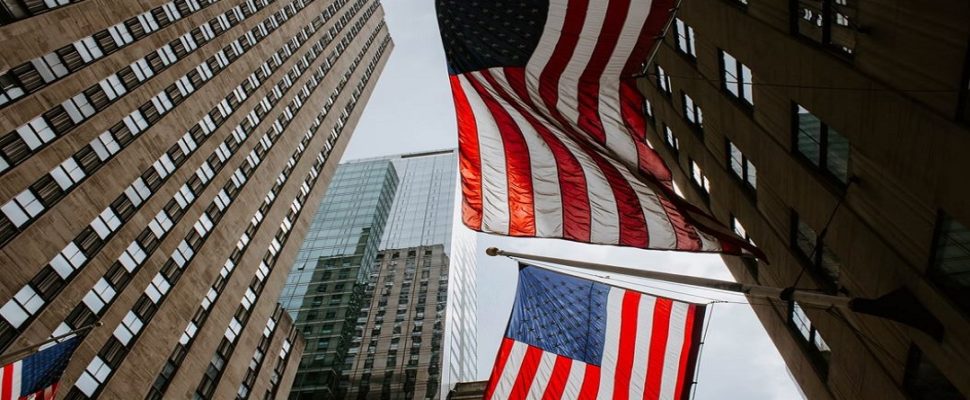The pandemic revealed widespread pharmaceutical supply chain vulnerabilities in the United States, an issue the Biden administration has attempted to address partly through industry funding. The Chief Business Officer of Phlow, a company that has received federal government funding for manufacturing essential medicines in the US, spoke at the recent FT US Pharma and Biotech Summit about supply chain resiliency and a focus on essential medicines.
Dan Hackman, the Chief Business Officer of Phlow, a public benefit drug manufacturing corporation that in 2020 received federal government funding of USD 354 million for advanced manufacturing of essential medicines at risk of shortage spoke at the recent FT US Pharma and Biotech Summit about supply chain vulnerability in the United States, stating that COVID did not cause the country’s supply chain problem, but merely exposed it. He claimed that now both the government and industry understand this.
«When Covid hit the US everybody was scrambling to figure out the problem and find the solution,» he said. The problem was further exasperated when other countries suspended APIs because 80 percent of the APIs and chemical ingredients used to manufacture American generics and over-the-counter drugs are produced abroad.
After pharmaceutical supply chain deficiencies were revealed by the pandemic, in 2021 the Biden administration issued a series of recommendations from the White House, the U.S. Department of Health and Human Services’ (HHS) Office of the Assistant Secretary for Preparedness and Response (ASPR), and the U.S. Food and Drug Administration (FDA) to address them. Moreover, HHS made a commitment of approximately USD 60 million to develop novel platform technologies to increase domestic manufacturing capacity for APIs.
“Pharmaceutical supply chains are essential for the national and health security and economic prosperity of the United States, yet the COVID-19 pandemic revealed just how vulnerable the supply chain is in this country. Now is the right time to take action to keep the U.S. drug supply chain secure and resilient,” said FDA Acting Commissioner Janet Woodcock in a press release at the time.
Hackman stated his belief that the public-private partnerships, like the one his company has set up with the government will be a big part of the solution. However, when asked if solving supply chain vulnerability was just a question of government money, Hackman responded by explaining the three factors he believes are involved: cost, scientific know-how and policy. He specifically mentioned the need to increase the FDA’s budget in order to fast track drugs made in the US and to ramp up foreign inspections.
According to Hackman, securing the US supply chain is not a question of reshoring all manufacturing, but instead a focus on essential medicines. « We don’t need to bring the entire supply chain back but to focus on essential medicines, » he said.
When speaking about the United States’ Strategic Active Pharmaceutical Ingredients Reserve (SAPIR), the long-term, national stockpile to secure key ingredients used to manufacture the most essential medicines in the US that Phlow is building, Hackman said that « instead of buying finished products, our idea is to store APIs, which are cheaper than finished products and be able to convert into finished products when the time comes. »
Hackman claimed that because the US understands supply chain issues better now, after the pandemic, it is better prepared to face other health crises.



